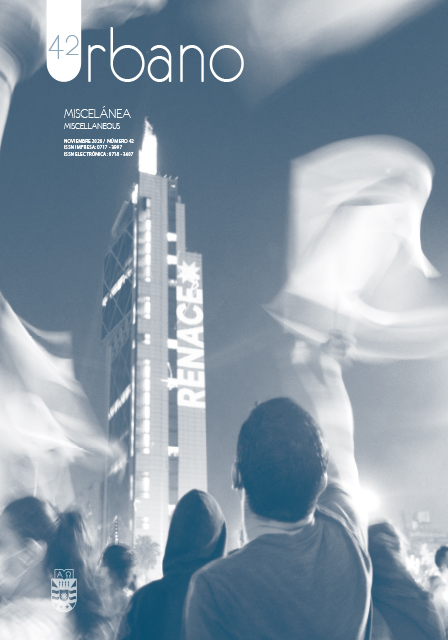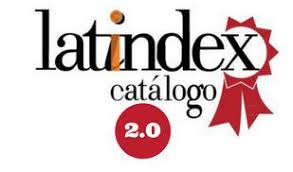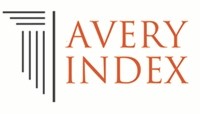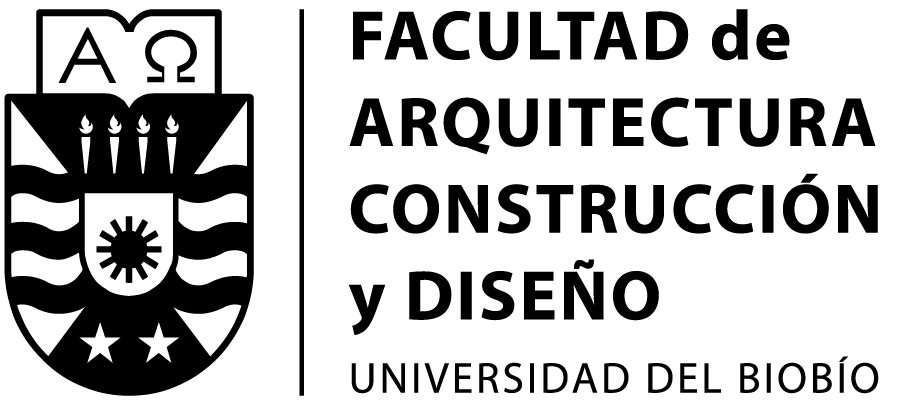Neoliberalism, Covid-19 and its impact on academia from a gender perspective
DOI:
https://doi.org/10.22320/07183607.2020.23.42.00Keywords:
-Abstract
COVID-19 has widened preexisting gaps in many areas that, even though already known, have been revealed as key in daily life over the last few months. At a structural scale, neoliberalism, rooted in the system through a market logic that imprints every sphere of society, promotes a competitive development of the productive tasks that neglects the reproductive activities that sustain it. The pandemic and the confinement have shaken this system when domestic chores and care tasks have had to be incorporated into the daily productive work and, in many cases, have had to share the same physical space, leading to a blurring of the boundaries of two areas that had been differentiated. State universities meanwhile have not escaped this market logic which has permeated its methods of economic support and administering its human capital. Currently, Chilean public universities are subject to some basic means of financing based on quantitative indicators of academic productivity and enrolled students, instead of being focused on strategic regional and national goals. The pandemic has jeopardized a system supported by productivity which had to focus on implementing a transition towards a remote teaching modality, one that saw an increase in class numbers and the number of courses per teacher, as a response to the economic impact brought by Covid-19.
Downloads
References
-
Downloads
Published
How to Cite
Issue
Section
License
Copyright (c) 2020 Ana Zazo-Moratalla

This work is licensed under a Creative Commons Attribution-ShareAlike 4.0 International License.
The content of articles which are published in each edition of Habitat Sustentable, is the exclusive responsibility of the author(s) and does not necessarily represent the thinking or compromise the opinion of University of the Bio-Bio.
The author(s) conserve their copyright and guarantee to the journal, the right of first publication of their work. This will simultaneously be subject to the Creative Commons Recognition License CC BY-SA, which allows others to share-copy, transform or create new materials from this work for non-commercial purposes, as long as they recognize authorship and the first publication in this journal, and its new creations are under a license with the same terms.![]()























